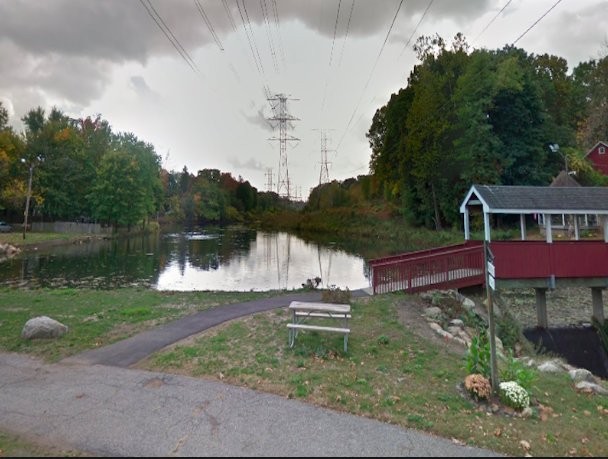
The agreement that was ironed out on July 2 still has to be approved by the Attorney General's Office, the Department of Environmental Protection and the Mahwah Council. The terms were not made public.
A settlement may be near in a civil rights lawsuit filed by the New Jersey Attorney General’s Office against Mahwah claiming the township approved two ordinances aimed at keeping Orthodox Jews from New York State out of its parks.
A framework for a settlement was established Monday during a conference in federal court. The sides have until July 13 to agree to it — or else the case will move toward trial.
The agreement ironed out Monday afternoon still has to be approved by the attorney general’s office, the Department of Environmental Protection and the Mahwah Township Council. The terms were not made public.
An attorney for the township council, Eric Harrison, said he expects the governing body will hold a special meeting next week.
The odd saga that led to a recall effort against this mayor
“I’m not at liberty to share what that frameworks is,” Harrison said. “I can tell you attorneys involved are cautiously optimistic we’ll be able to settle the case.”
A spokesperson for the attorney general’s office could not be reached immediately for comment.
Mayor Bill Laforet, who has blamed a recall effort against him on the stance he took against the council on an ordinance that banned non-residents from using public parks, said he is optimistic about the proposed settlement.
“I’m encouraged by the fact that a federal judge today granted the council until July 13 to consider a settlement rather than go through a full-blown trial for the civil rights violations,” Laforet said.
The whole issue, Laforet said, has cost the town “close to a half a million dollars” so far. That figure, he said, includes the settlement of a federal lawsuit in January reached with the Bergen Rockland Eruv Association after the group was forced to remove lechis from utility poles after an amendment to the the township’s sign ordinance was passed. The eruvs, plastic piping on utility poles that act as a religious boundary, were no longer allowed under the amendment.
Council President Rob Hermansen, a political rival of the mayor’s, said it was Laforet who pushed for the ordinance restricting use of parks because the mayor had been receiving complaints about out-of-towners using parks.
“He told us it was the most important ordinance of the year,” Hermansen said, describing a call from Laforet about introducing the ordinance. “There was a group from Suffern coming in to use the soccer fields and an organization that paid to use them could not get on the fields.”
Residents had also raised funds to refurbish Winter’s Park and then couldn’t get use of the playground equipment because the children of people who had New York license plates were using the equipment, Hermansen said.
“The reason why we started looking into what to do with our fields was to make sure the people who should have access to them first did,” Hermansen said. “Then it morphed into whatever else.”
Hermansen said the council and its attorneys are working “diligently toward a settlement that’s in the best interest of the residents of the town.”
The lawsuit, filed in October 2017 by then-Attorney General Christopher S. Porrino, claimed in an effort to keep Orthodox Jews from New York State out of township parks, the Mahwah Council approved the two discriminatory ordinances — one that banned out-of-state residents from using Mahwah parks and the other that amended a sign ordinance to ban the plastic lechis.
The sign ordinance change was permanently tabled by the council. And the township council changed the parks ordinance, which was never enforced, to allow for out-of-state visitors after the lawsuit was filed.
The scathing nine-count lawsuit filed by the attorney general’s office called the town’s policies “hateful” and accused Mahwah of bigotry comparable to the “1950s-era white flight suburbanites who sought to keep African Americans from moving into their neighborhoods.”
The state sought more than $3.4 million it claims Mahwah received and used in state Department of Environmental Protection Green Acres grants to purchase and maintain its parks.
Allison Pries may be reached at apries@njadvancemedia.com. Follow her on Twitter @AllisonPries. Find NJ.com on Facebook.
http://www.nj.com/bergen/index.ssf/2018/07/settlement_reached_between_mahwah_and_the_attorney.html